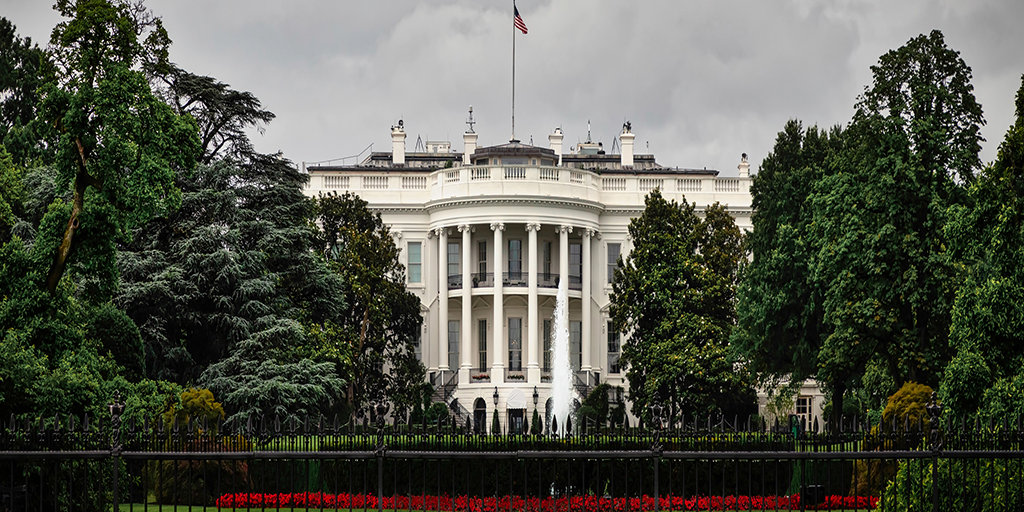(3 Minute Read) Judge Brann’s ruling in Pennsylvania tonight (a ruling unrelated to the alleged electronic fraud on Dominion Voting Systems used in other states) is a set back, but not the utterly devastating defeat reported in the media considering the circumstance. Not being a lawyer, but having followed various proceedings, here’s what I took from it.
Judge Brann was scathing in his comments, but the scolding appeared to rely on treating the Trump campaign’s submissions as if they had the usual months long time time frame to prepare documents (as opposed to two weeks), and that the usual lawyers specializing in election law were available and willing to take on the case. Lawyers specializing in election law have withdrawn from the Trump Campaign reportedly due to doxing, including a death threat, personally and against their law firms, by Democrats.
Judge Brann (an Obama appointee but on a Republican committee) rigidly refused to use his discretion to make any concession to the Trump campaign for the rapid response required and the unusual circumstance. For example, he refused the Trump campaign an amendment to the claims, and his commentary describing the Trump Campaigns “tortured proceedings” based on, for example, the various lawyers withdrawing and then others appointed (which was due to the doxing, etc.) seemed unnecessarily harsh.
Judge Brann writes clearly so that non-lawyers can follow along, and he makes some understandable legal decisions against the Trump Campaign. However, these are the two paragraphs in his ruling that stick out, on a common sense reading, as being overturned on appeal. Judge Brann wrote:
Individual Plaintiffs’ claims fail because it is perfectly rational for a state to provide counties discretion to notify voters that they may cure [fix up a missing signature or address, etc] procedurally defective mail-in ballots. Though states may not discriminatorily sanction procedures that are likely to burden some persons’ right to vote more than others, they need not expand the right to vote in perfect uniformity.
Because it is not irrational or arbitrary for a state to allow counties to expand the right to vote if they so choose, Individual Plaintiffs fail to state an equal-protection claim.
So, it’s rational for a state [Pennsylvania in this case] to fail to ensure everyone in the state has an equal right to caste their vote for their elected representatives? Isn’t that like saying it’s rational for a school principal to leave it up to individual teachers to decide for their classroom whether to allow students to cure their test (for example, fill in a missing answer on a multiple choice) on college entrance exams? So the students in one classroom who are allowed to cure their tests “win” entrance to college based on the classroom they happen to be in? That doesn’t make common sense.
None of these allegations (or the others in this section) claim that the Trump Campaign’s watchers were treated differently than the Biden campaign’s watchers.
Simply alleging that poll watchers did not have access or were denied access to some areas does not plausibly plead unequal treatment. Without actually alleging that one group was treated differently than another, Plaintiffs’ first argument falls flat.
Maybe it was a jurisdictional issue that forced the Trump Team to plead their case based on unequal treatment, and they can plead it differently to the Supreme Court. It doesn’t make common sense to frame it solely on an equality basis and say that because the Democrat observers were not observing (maybe the Democrats didn’t want to, or feel a need to) there is no case to be made for the denial of the right for the Republican observers to observe.
Pray to God that these issues are heard by ears that will hear as the case is appealed.
